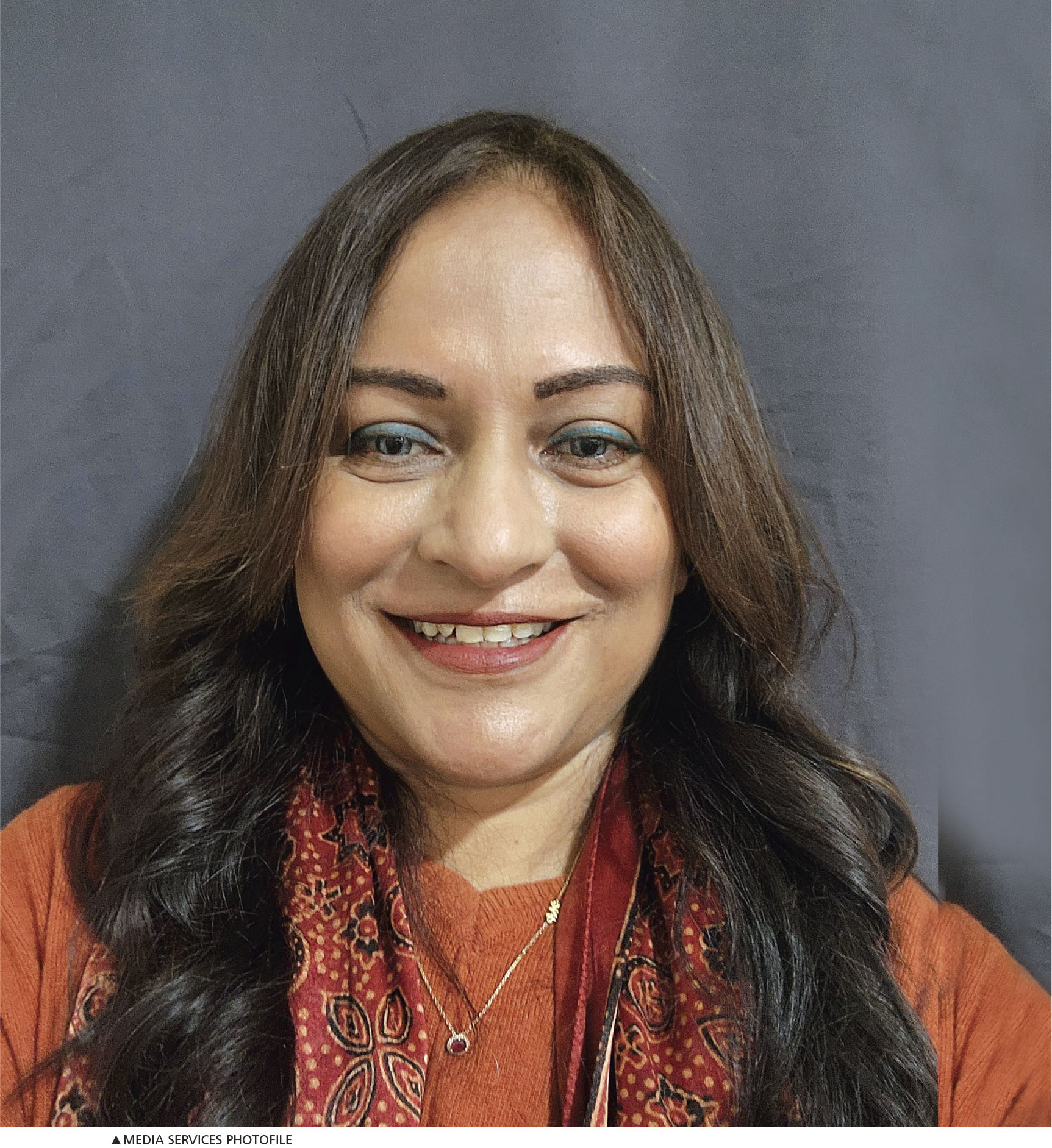Dilrukshi Wijeyekoon
Diaspora engagement

Q: How has your transition from marketing communications to the not-for-profit sector shaped your perspectives on management and leadership?
A: This journey has been transformative from a management and leadership perspective.
My previous role in marketing communications in Sri Lanka focussed on building brands and achieving measurable business results. And my current work in the not-for-profit space is about empowering individuals and fostering community impacts.
Balancing strategic business thinking with core values such as empathy ensures that our work is not only commercially viable but also that our initiatives are meaningful, whether they benefit a brand or transform lives.
Q: What challenges do you face in the not-for-profit sector – particularly in Australia?
A: In Australia’s not-for-profit sector, particularly with refugee resettlements, the key challenges include funding due to the uncertainty of government grants, which makes long-term planning difficult. Advocating and changing public perceptions also poses a challenge.
And there are the complex client needs that vary across economic, political and cultural backgrounds – from trauma and health, to language and employment – which demand individualised resource intensive care.
Additionally, there is workforce strain with high emotional demands leading to staff burnout.
Q: How does working in this sector differ from corporate environments in terms of team building and managing client relationships?
A: In not-for-profits, team building emphasises collaboration and shared values, driven by a collective passion for working in the social policy context.
Conversely, corporate environments excel in creating high performance teams that thrive on clear objectives and financial incentives, promoting productivity and innovation.
Client relationships in not-for-profits focus on empathy and understanding, particularly when supporting vulnerable populations.
Where they are alike is in their emphasis on professionalism and service excellence.
Q: What are the most pressing issues facing the not-for-profit sector today?
A: It faces pressing issues such as funding instability, increased demand for services, staff burnout and shifting public perceptions. Strategic management can tackle these challenges by diversifying funding sources – seeking partnerships, new grants and sustainable revenue streams.
Prioritising staff wellbeing through strong organisational culture and support systems helps reduce burnout. To meet rising service demands, embracing innovation and collaboration can optimise resource use.
Lastly, robust advocacy and public engagement strategies (including through publications such as LMD International!) are crucial for maintaining support and raising awareness.
Q: How has the rise of digital communications and marketing technologies impacted the not-for-profit sector – especially in terms of donor engagement and community outreach?
A: Digital platforms allow for personalised real-time interactions, enhancing transparency and building trust.
Social media and online campaigns enable not-for-profits to reach broader audiences more cost effectively, raising awareness and mobilising support globally. Tools like email marketing, crowdfunding and data analytics have made it easier to engage and retain target groups by tailoring content to their interests.
Overall, digital technologies have empowered not-for-profits to amplify their message, strengthen relationships and scale their impact more efficiently than in the past.
Q: In your opinion, what lessons can Sri Lanka’s not-for-profit sector learn from the Australian approach to community services?
A: Sri Lanka’s not-for-profit sector can learn valuable lessons from Australia’s approach to community services, particularly in structured service delivery, collaboration and advocacy.
Australia’s established systems for providing support are driven by data, professionalised care and strategic partnerships between government, NGOs and the private sector.
While there’s room for improvement, there are established channels, and relationships and opportunities for not-for-profits in Australia to provide structured and more informal input into policy design, programme delivery and evaluation.
Sri Lanka can benefit from adopting more formalised processes to track impact and improve service efficiency. Additionally, fostering stronger collaboration across sectors can enhance resource sharing and broaden reach.
Conversely, I have learned from my passionate network in the ‘for purpose’ space in Sri Lanka, be it in global or local not-for-profits or social enterprises – principally, the commitment and resilience to deliver impact despite challenges or a resource constrained environment.
Q: How do you think the Sri Lankan diaspora can contribute to the growth of not-for-profit and community service sectors – both in Sri Lanka and globally?
A: The Sri Lankan diaspora holds immense potential to contribute to the growth of not-for-profit and community service sectors. Their financial support through donations and fundraising can provide crucial resources for local initiatives.
Beyond funding, the diaspora can offer skills, expertise and global networks to enhance capacity building efforts. By sharing knowledge and fostering partnerships with international organisations, they can drive innovation and improve service delivery.
The diaspora’s advocacy on global platforms can raise awareness of key issues, amplifying the impact of not-for-profits in Sri Lanka and contributing to meaningful social change worldwide.

CV IN A NUTSHELL
As a proud Sri Lankan who migrated to Australia, Dilrukshi Wijeyekoon counts over 20 years in marketing communications in Sri Lanka and more than 10 years in the Australian not-for-profit sector, focussing on refugee settlement.
Her journey has been enriched by the rich tapestry of Australia’s multicultural society. Wijeyekoon’s heritage instils in her a deep sense of community and resilience, guiding her commitment to supporting vulnerable populations.
Volunteering with Sumithrayo in Sri Lanka deepened her understanding of emotional support and mental health. She aspires to create meaningful change that uplifts communities and enhances the lives of people in need.
FACT FILE
FAMILY
Husband
Mum (91 years old)
Two Great Dane dogs
SCHOOLING
Methodist College
HIGHER EDUCATION
English honours graduate
MBA – Postgraduate Institute of Management (PIM)
Accredited trainer in Australia
Diploma in community service
Final year of a degree in psychology
PRESENT OCCUPATION
Senior Manager
COUNTRY OF RESIDENCE
Australia
CITY OF RESIDENCE
Adelaide
